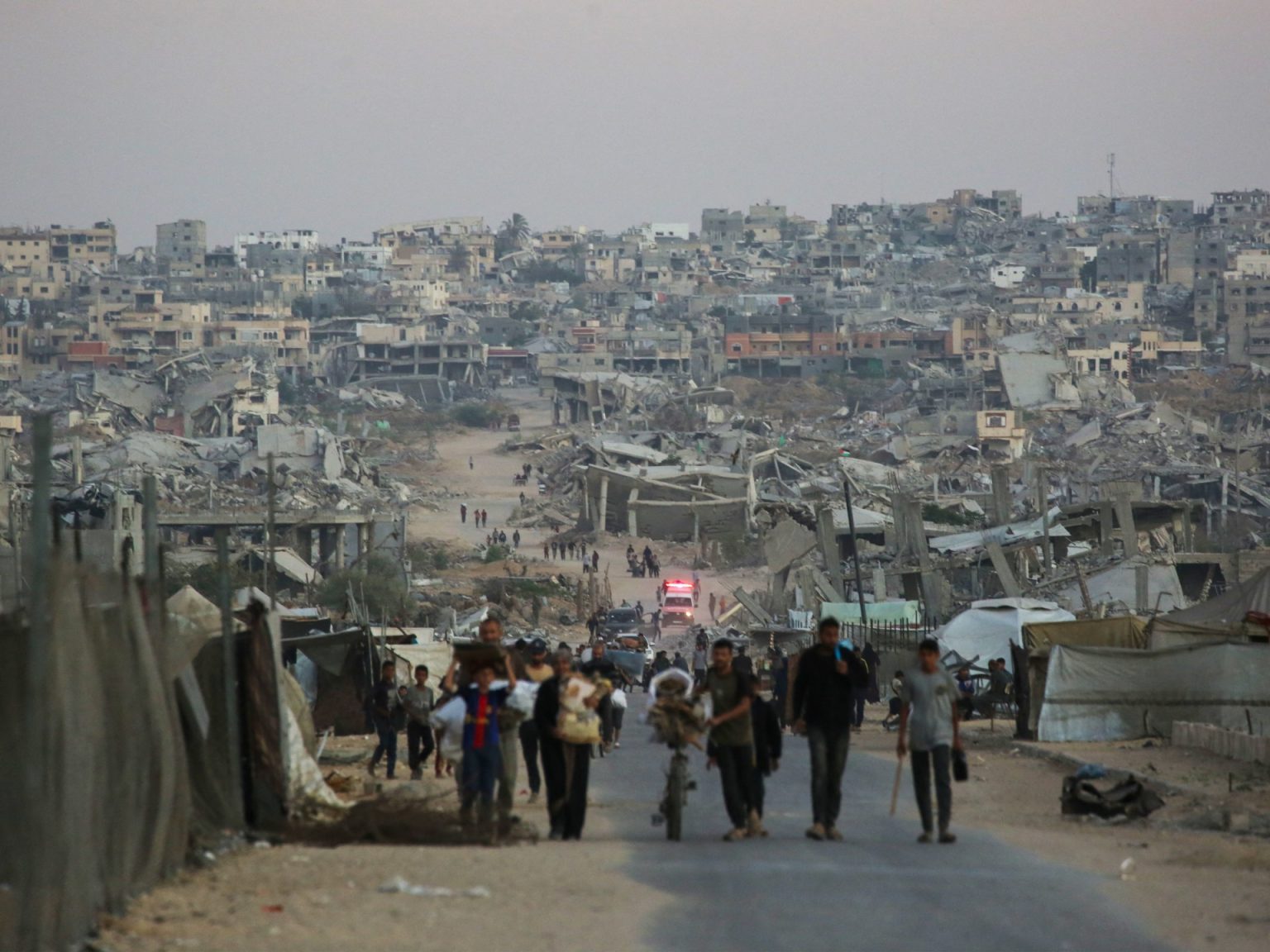The ongoing conflict in Gaza has left an indelible mark of devastation, with initial reports indicating over 75,000 Palestinians either killed or missing, and a staggering 125,000 injured. Beyond the immediate casualties, the conflict has resulted in the complete erasure of hundreds of families from civil records, a manufactured famine unprecedented in the region, and the displacement of two million people, repeatedly uprooted within months or weeks. The sheer scale of human suffering demands not only immediate humanitarian aid but also a long-term, considered approach to psychological trauma and healing.
حجم الكارثة: أرقام تفوق الوصف (The Scale of the Disaster: Numbers Beyond Description)
The destruction within Gaza is comprehensive. Approximately 80% of homes, markets, hospitals, schools, universities, essential service centers, water wells, sewage facilities, and roads have been damaged or destroyed. The healthcare and municipal systems have collapsed, leaving residents without access to basic necessities like electricity, water, and communication. Agricultural land, livestock, and the fishing industry have suffered immense damage, leading to widespread food insecurity and economic devastation. This has resulted in the mass exodus of hundreds of thousands from the Strip, adding to the already dire situation.
نهاية الحرب وبداية معاناة جديدة (The End of the War and the Beginning of a New Suffering)
When the ceasefire agreement began to take hold in mid-October 2025, and the intensity of the aggression subsided, it marked not an end to suffering, but a transition to a different phase. For months, people lived in constant fear, anticipating death by an Israeli strike – whether targeting a tent, a bakery, or those trapped under the rubble of their homes, or even while waiting for a bag of flour in what has been labeled a death trap disguised as humanitarian aid.
Now, returning individuals face destroyed homes, lost livelihoods, and neighborhoods submerged in ruins, lacking any recognizable features. The conditions are no less bleak, filled with darkness and despair, than during the height of the bombing. They are left confronting an uncertain future, plagued by unanswered questions. As described by the independent French news site Mediapart, they are “shattered souls living amidst the rubble, struggling to survive with no horizon.” The core issue remains the deep and pervasive psychological impact of the conflict.
الحاجة الماسة للعلاج وإعادة التأهيل (The Urgent Need for Treatment and Rehabilitation)
Researchers, commentators, and influencers are now questioning what can be offered to these victims in terms of treatment and rehabilitation. The need to address the complex range of trauma responses — including grief, shock, post-traumatic stress disorder, anger, depression, hopelessness, hallucinations, and psychosis — and their subsequent physical manifestations is paramount.
The question arises: do psychologists, psychiatrists, social workers, educators, and human development experts possess the necessary tools to help these victims recover from this new catastrophe and overcome its devastating consequences? This leads to a larger, more critical question concerning the very foundations of the disciplines attempting to address this crisis.
أزمة معرفية: حدود “علم النفس” الغربي (An Epistemological Crisis: The Limits of Western Psychology)
This situation highlights a significant epistemological crisis. Within the scope of Western social sciences, “psychology” often appears as one of the most futile, unproductive, and conceptually confused academic fields. It’s riddled with ethical ambiguities and can be seen as a reductionist, dehumanizing approach to understanding the human experience – intimately connected to the Western imperial project both within the West and abroad.
The foundations of modern psychology, in many ways, echo the shortcomings of 19th-century anthropology, which flourished during the age of British and French colonialism. While anthropologists have, to some extent, broken free from purely colonial paradigms, they often remain bound by a Western, secular, materialistic worldview, encompassing ideologies like modernity, nihilism, Darwinism, racism, fascism, imperialism, and capitalism.
Crucially, these frameworks frequently disregard the fundamental human need for meaning derived from the belief in One God and divine revelation – a cornerstone of many cultures affected by this conflict. The understanding of the human psyche must acknowledge the profound influence of faith and spirituality.
جذور إشكالية: الاستعمار والرؤية الغربية (Roots of the Problem: Colonialism and the Western Vision)
British anthropologist Sir James Frazer, with his influential work The Golden Bough, pioneered a colonial school of thought in anthropology. He posited a “tree” of primitive beliefs, not rooted in monotheism, but in polytheism, mythology, and superstition. This perspective, while widely debated, reflected the colonial mindset’s tendency to view non-Western cultures as inherently less developed.
This approach, alongside Social Darwinism (a more damaging and racially charged adaptation of Darwinian principles), became dominant in the 19th century—the height of Anglo-Saxon and Franco-European colonialism. These theories served to justify empire, claiming that certain “races” were naturally superior and had a “burden” to civilize others. The concept of “just war” was re-framed within this imperial context to legitimize conquest and domination.
العلاج بالصدمة واستغلال الكوارث (Shock Therapy and the Exploitation of Disasters)
The inherent flaws within this Western vision contribute to approaches like “shock therapy”—initially utilized in psychological treatment, but later adapted as a political and economic strategy. Naomi Klein’s work shows how this strategy leveraged crises to implement radical free-market policies, often causing more harm than good.
This is not merely about economic manipulation, but about a deeper pattern of controlling and reshaping societies in the image of Western ideals. The experience of collective trauma within Gaza and beyond requires a radical re-evaluation of existing methodologies.
The recognition of interconnectedness, spiritual grounding, and the need for culturally sensitive approaches are essential for genuine healing. Addressing the long-term psychological wounds of this conflict requires a move beyond reductionist explanations and a commitment to fostering resilience and hope within these communities. The question now is not just how to help, but whether the tools we have are truly adequate, or if a fundamental shift in perspective is necessary.


